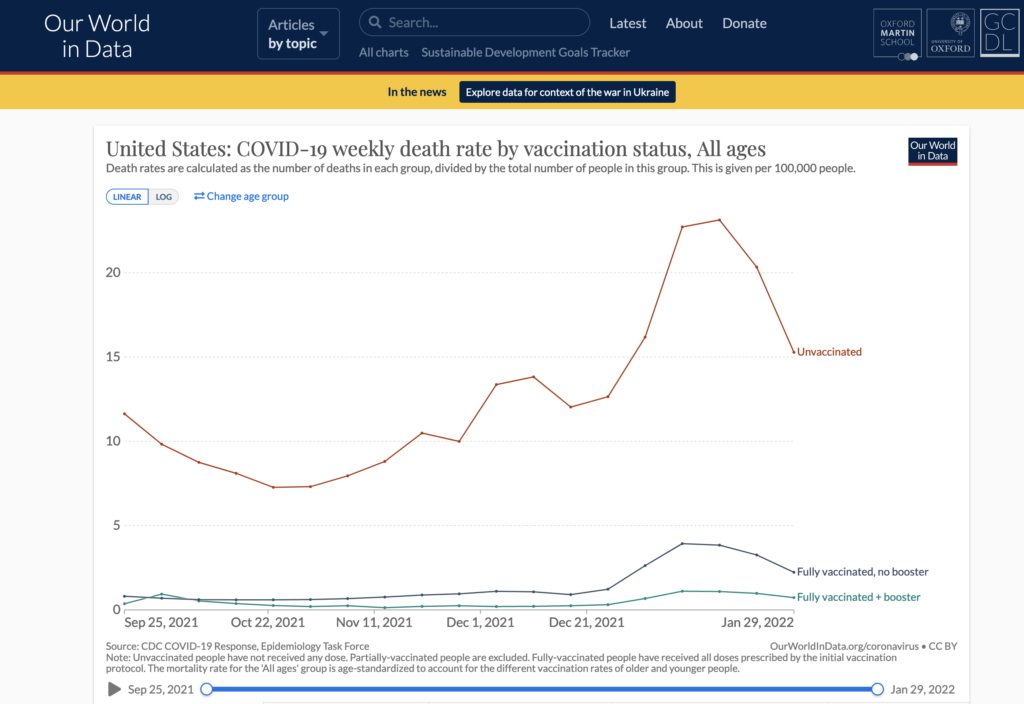I have struggled some in recent weeks to come up with topics for my Monday Musings posts. One reason for this: I don’t want to overload readers with essays about family issues and mental health, though both are much in my thoughts these days. A second reason, I realized today, is that I have, in the interests of my own well-being, shut out current events from much of my thinking. If you look back through my posts in 2020 and early 2021, I wrote a lot about the state of the world and the state of our nation. This year, not so much.
It’s not that I have blocked out all news. I listen to NPR every morning. I check headlines daily. I have not stuck my head in the proverbial sand. But neither am I obsessing over world events right now.
And can you blame me?
Republicans are poised to take back both houses of Congress in this fall’s midterm elections. They have gerrymandered their way to disproportionate representation. They continue to perpetuate lies about the 2020 election. They attack the Administration and its progressive allies for rising energy and food prices, knowing full well that these are not the Administration’s fault. They exploit cultural conflicts over race and gender identity for their own cynical purposes, endangering the safety of Blacks, trans youth, educators, and medical professionals. And their tactics are working, so they have no incentive to stop.
Vladimir Putin is playing the most dangerous game of Russian Roulette since the Cuban Missile Crisis, moving the planet closer to global nuclear conflict than at any time since the end of the Cold War. He and his generals are responsible for heinous war crimes — genocide, some would argue — in Ukraine. And despite fighting valiantly for their freedom, their homes, their families, their very lives, the Ukrainian army likely cannot hold out indefinitely. The end game will be hideous and horrifying.
The planet is dying. There is no softening that reality. It’s dying. The wildfire season has already begun in the Western U.S. — months earlier than usual — and it promises to be historically bad. Again.
Prices are rising, thanks to Putin’s war. And the stock market is tanking. Each month, we receive our brokerage statements, the latest figures on our retirement savings, and we file them away without looking at them. There’s nothing we can do, and we have no intention of getting out of the market, so . . . It’ll rebound eventually, right? Right??
But by all means, let’s all get our panties in a twist over yet another egotistical billionaire buying yet another social media platform.
Yeah, so this is why I have been avoiding current affairs topics in my Monday Musings posts. I don’t have the energy. I would never say I don’t care. I do. I care passionately. But I feel like there is nothing I can do that will make a significant difference. I can give to international aid organizations. And I do. I can give to environmental groups and to progressive candidates. And I do. I can drive a Prius and use LED bulbs and set the house thermostats with energy conservation in mind. I do all those things.
But like so many people — perhaps like you — I am weary. I have too much on my personal plate right now. Family crises, work deadlines, things I have to get done, things I want to do. Last weekend, while at a convention, I might have been exposed to Covid. I’ve taken a couple of tests this week, the most recent today. Both negative. I’m probably fine, thank goodness. I will admit, though — and I’m not proud of this — that a tiny part of me hoped the test would be positive, giving me an excuse to just stop and rest and do nothing.
In a way, this post has wound up being about current affairs after all. Because the truth is, I am far from alone in feeling the way I do. We as a society are exhausted. And that exhaustion manifests as both apathy and irascibility. Many of us want to shut out the world. And when we can’t, many of us turn to contentiousness, to behavior that serves only to deepen divides that are already too deep.
Spring is here. Our little corner of the Cumberland Plateau is exploding with color right now: the myriad greens of young leaves, the whites of Dogwoods, the pinks of Wild Azaleas, the brilliant reds and yellows and blues of migrating tanagers, warblers, and buntings.
Covid is less of a threat that it was this winter, and warmer temperatures should mitigate the dangers even more. The housing market is beginning to normalize, which might help calm inflation in the months to come.
Maybe the fire season will prove less destructive than feared. Maybe Putin’s war effort will continue to fall short of his ambitions, leading him to settle for a partial victory rather than total conquest. Maybe the midterms won’t be quite the bloodbath some anticipate.
The fact is, as bad as things seem right now, they could be worse. They could always be worse. And in the meantime, there is beauty in the world. In the colors of spring, in the love of family and friends, in creativity, in work well done, in down-time enjoyed.
And this, in the end, is why I have chosen to avoid a certain kind of post this year. Life has been hard, but it also continues to be good. As I age, I find myself gaining a level of perspective I lacked as a younger man, when I was a sky-is-falling kind of guy. I don’t want to focus on the bad and the hard and the tragic. That stuff is always there for us, if that’s where we want our minds to go. These days, I choose a different emphasis.
Have a great week.









 When I am not in these panels, I will be at my table in Author’s Alley, signing and selling books. I also plan to have with me some of
When I am not in these panels, I will be at my table in Author’s Alley, signing and selling books. I also plan to have with me some of  And so those who trust the Covid science will remain safer than those who don’t. Those who keep up with vaccinations and boosters will get sick less often and less severely. They will die in far smaller numbers and spend far less time in the hospital. The numbers are dramatic and indisputable. Sadly, but predictably, living with Covid means accepting an ever widening gap in the rates of infection and in case outcomes between those who ignore the advice of medical professionals and those who follow it. It means accepting that some social and economic disruptions will be unavoidable. One-third of the people in this country are unwilling to protect themselves and their families. There are bound to be consequences for this.
And so those who trust the Covid science will remain safer than those who don’t. Those who keep up with vaccinations and boosters will get sick less often and less severely. They will die in far smaller numbers and spend far less time in the hospital. The numbers are dramatic and indisputable. Sadly, but predictably, living with Covid means accepting an ever widening gap in the rates of infection and in case outcomes between those who ignore the advice of medical professionals and those who follow it. It means accepting that some social and economic disruptions will be unavoidable. One-third of the people in this country are unwilling to protect themselves and their families. There are bound to be consequences for this.